Certainty in Uncertain Times - Philippians 1:18b-26
This past week has been a heavy one. With the assassination of Charlie Kirk, and the random, unjust murder on the light rail in Charlotte, it’s been a challenging week. The sinfulness of man was on full display this week, but one of the other things that stood out to me from this week is the fragility of life. None of us are promised tomorrow.
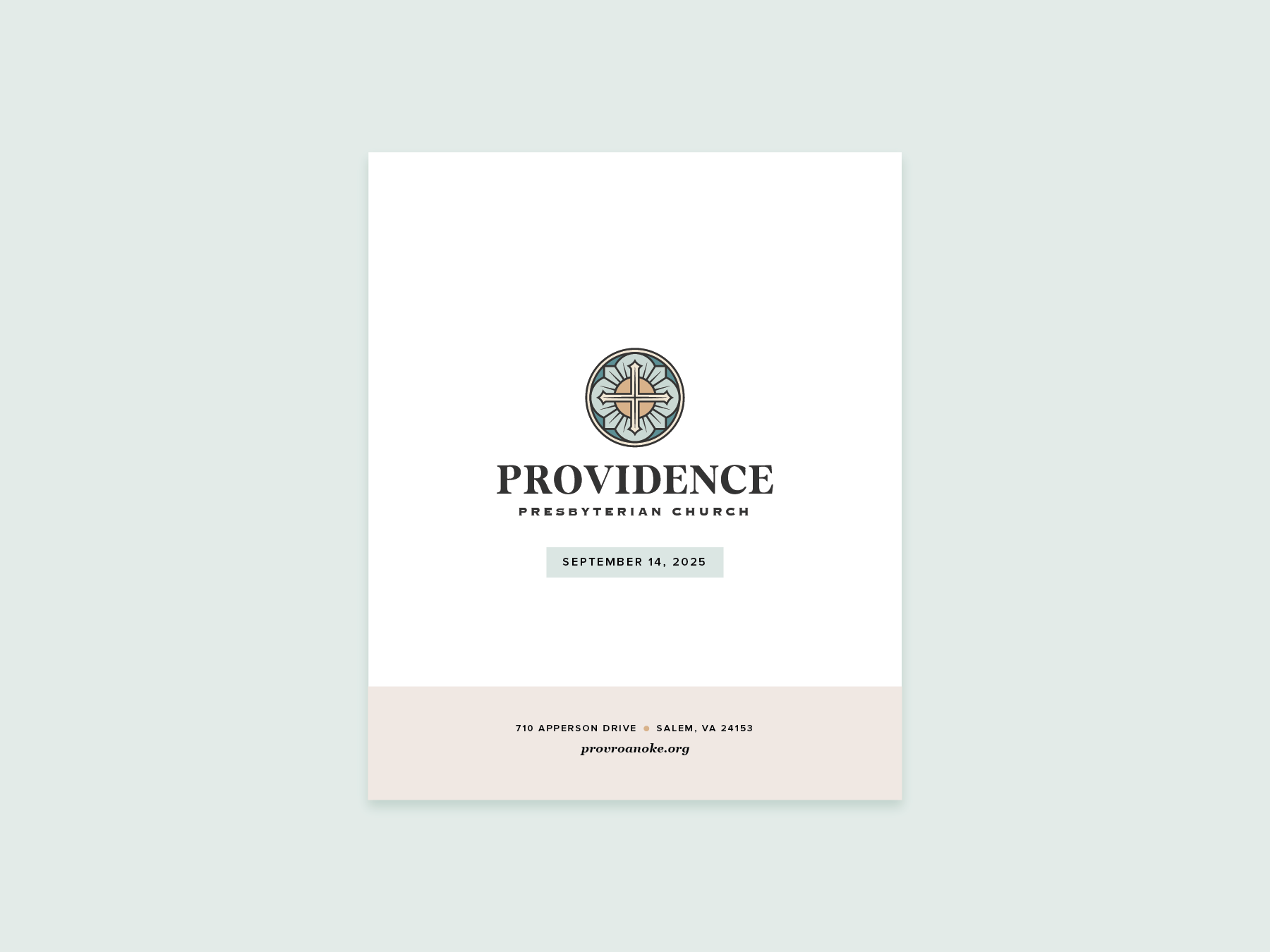
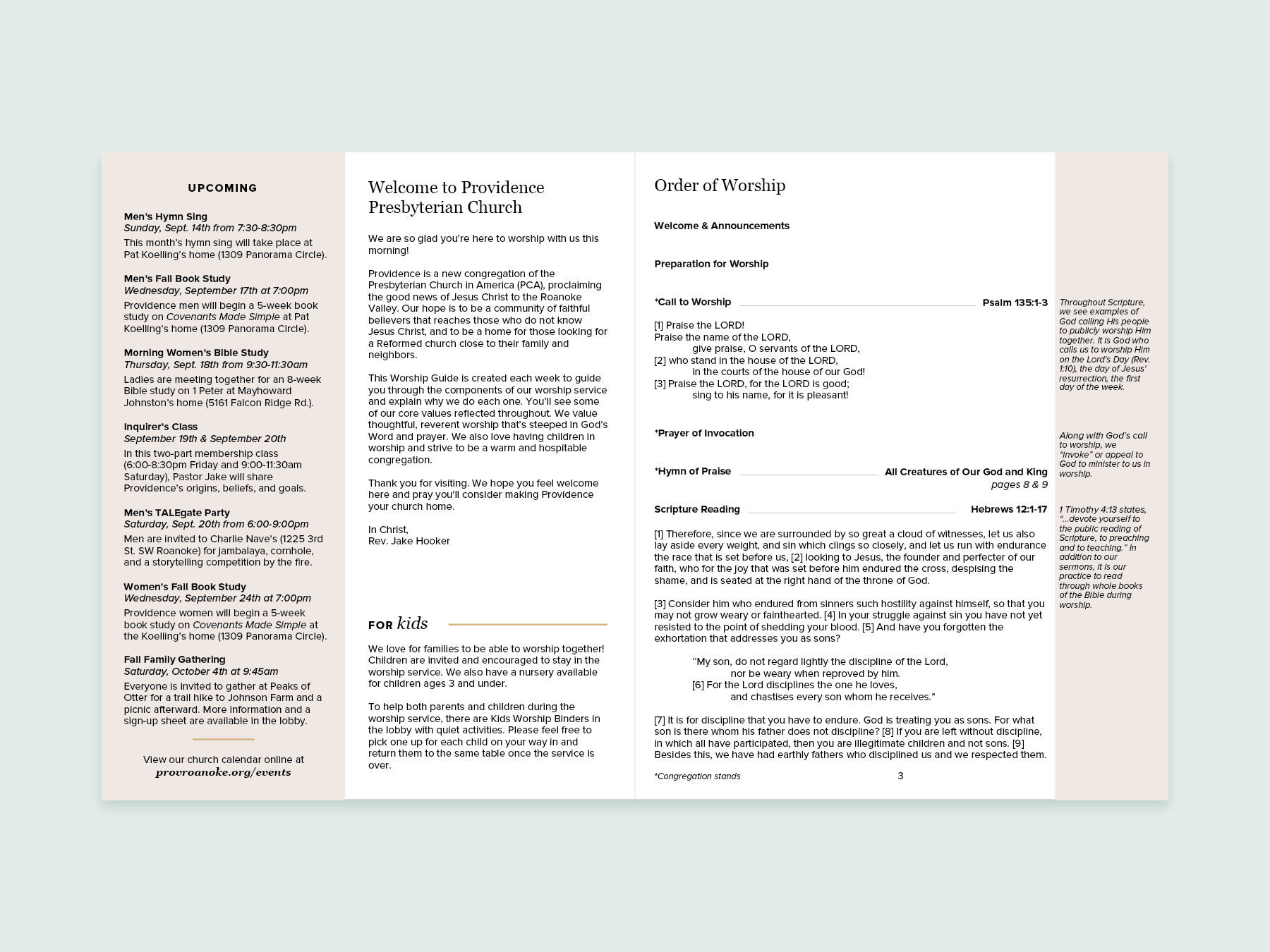
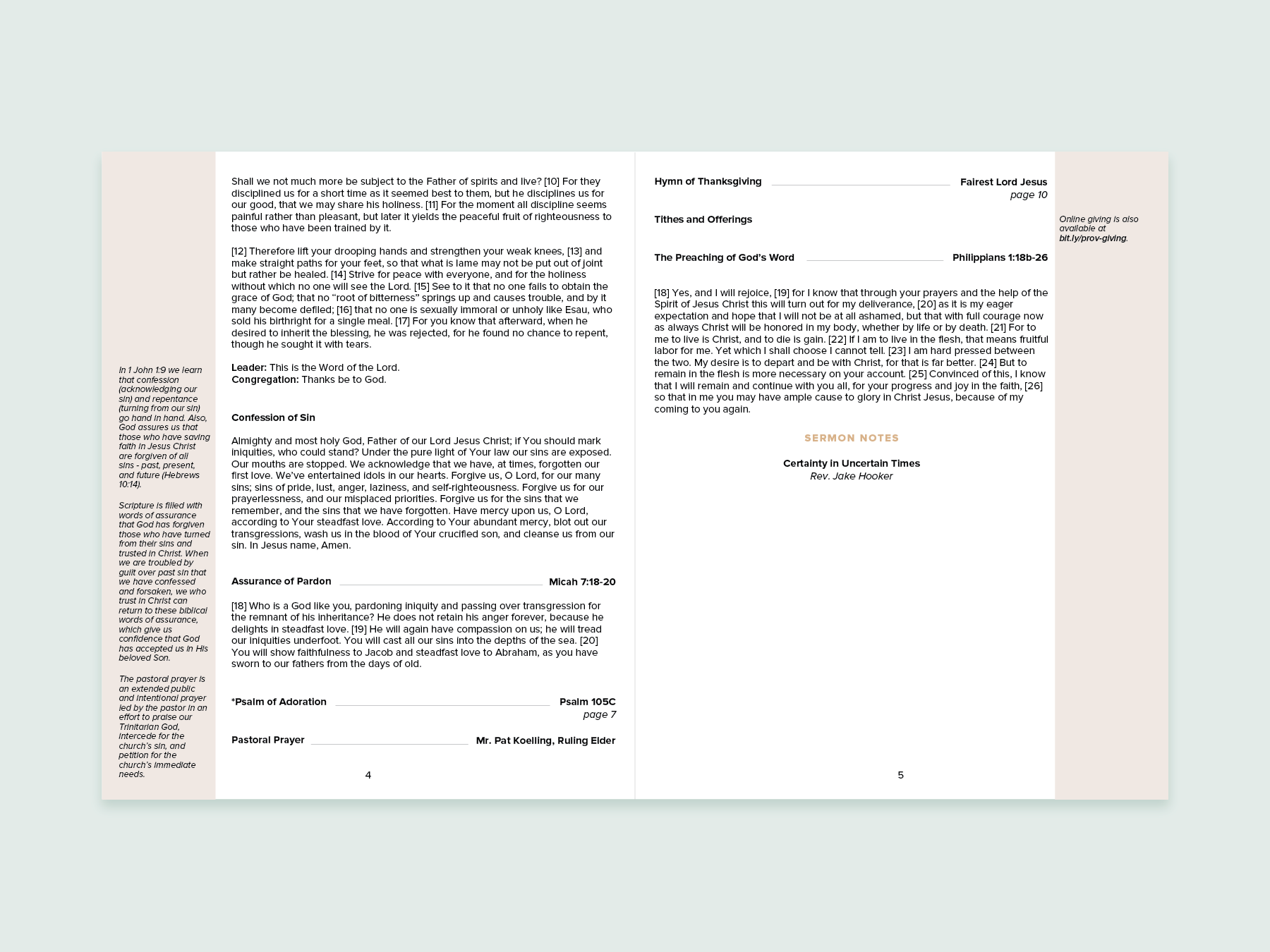
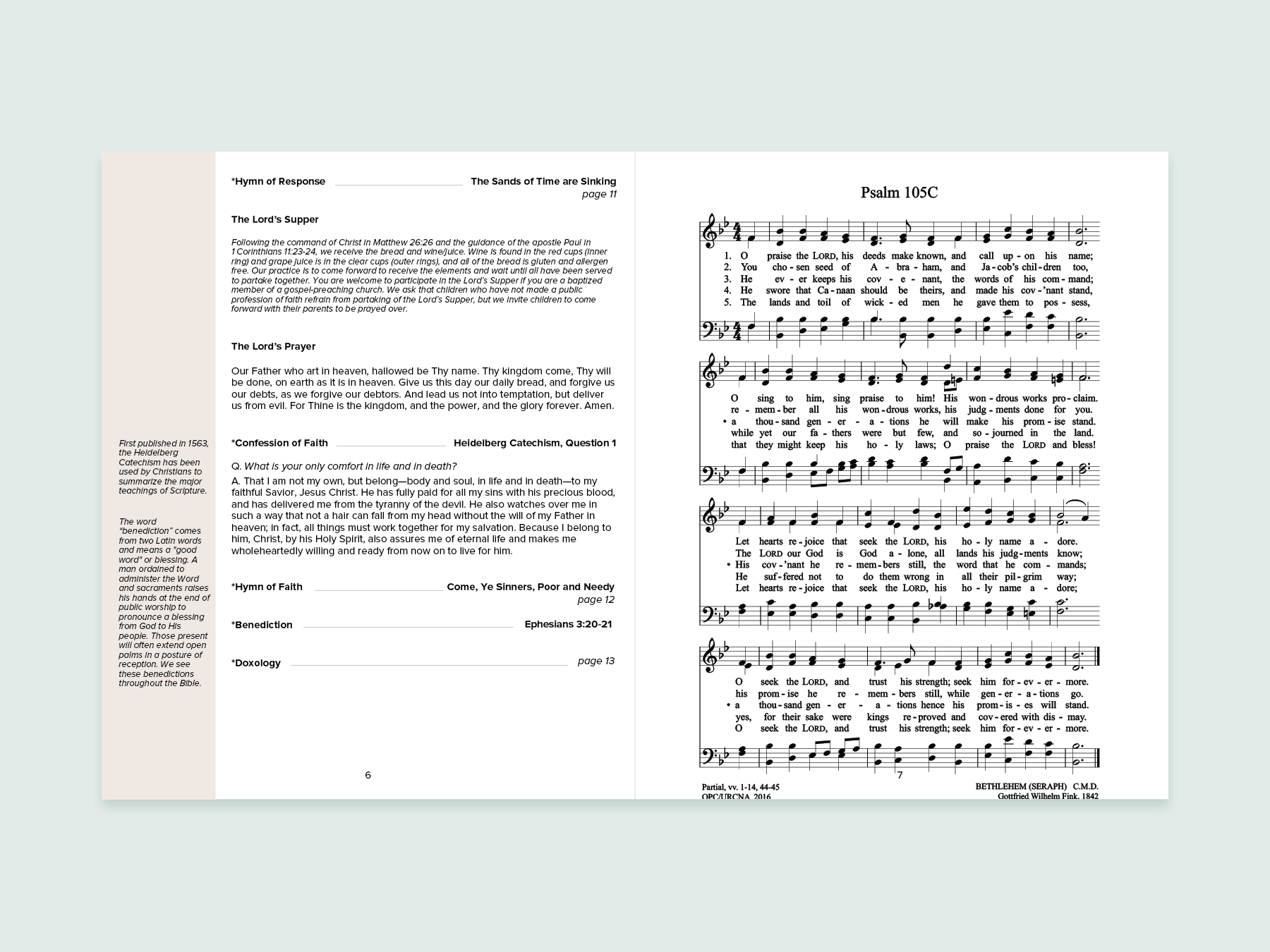
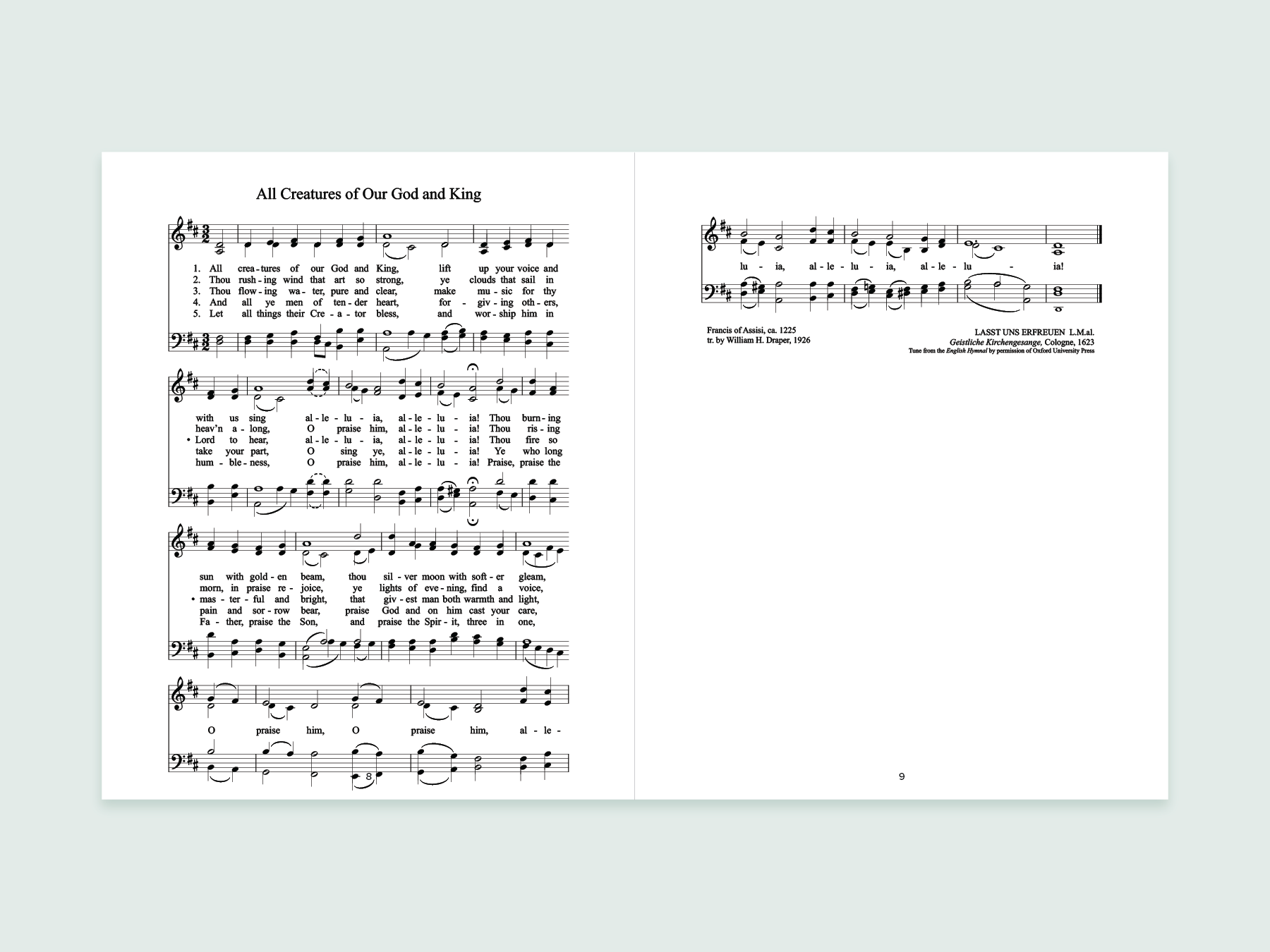
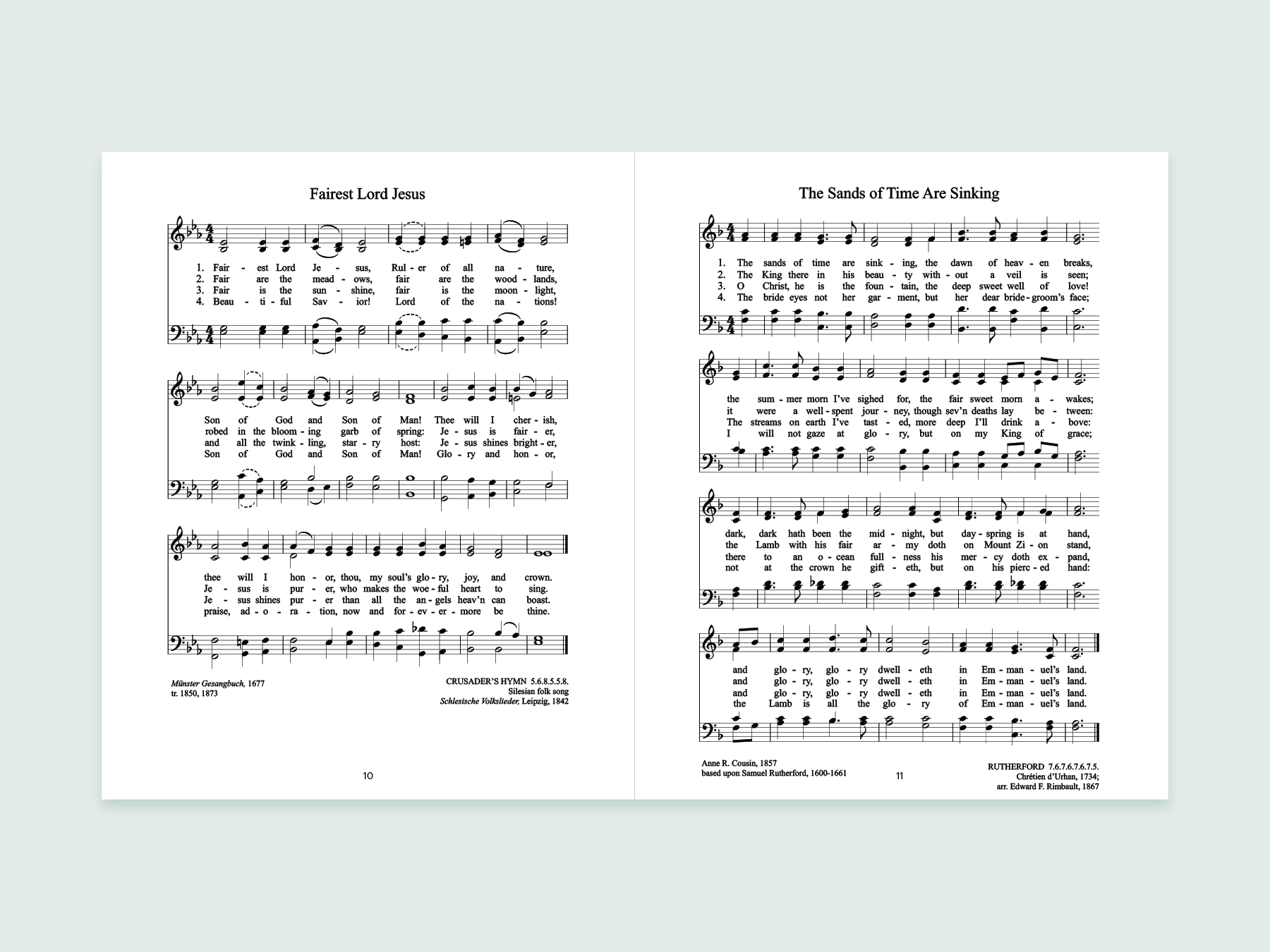
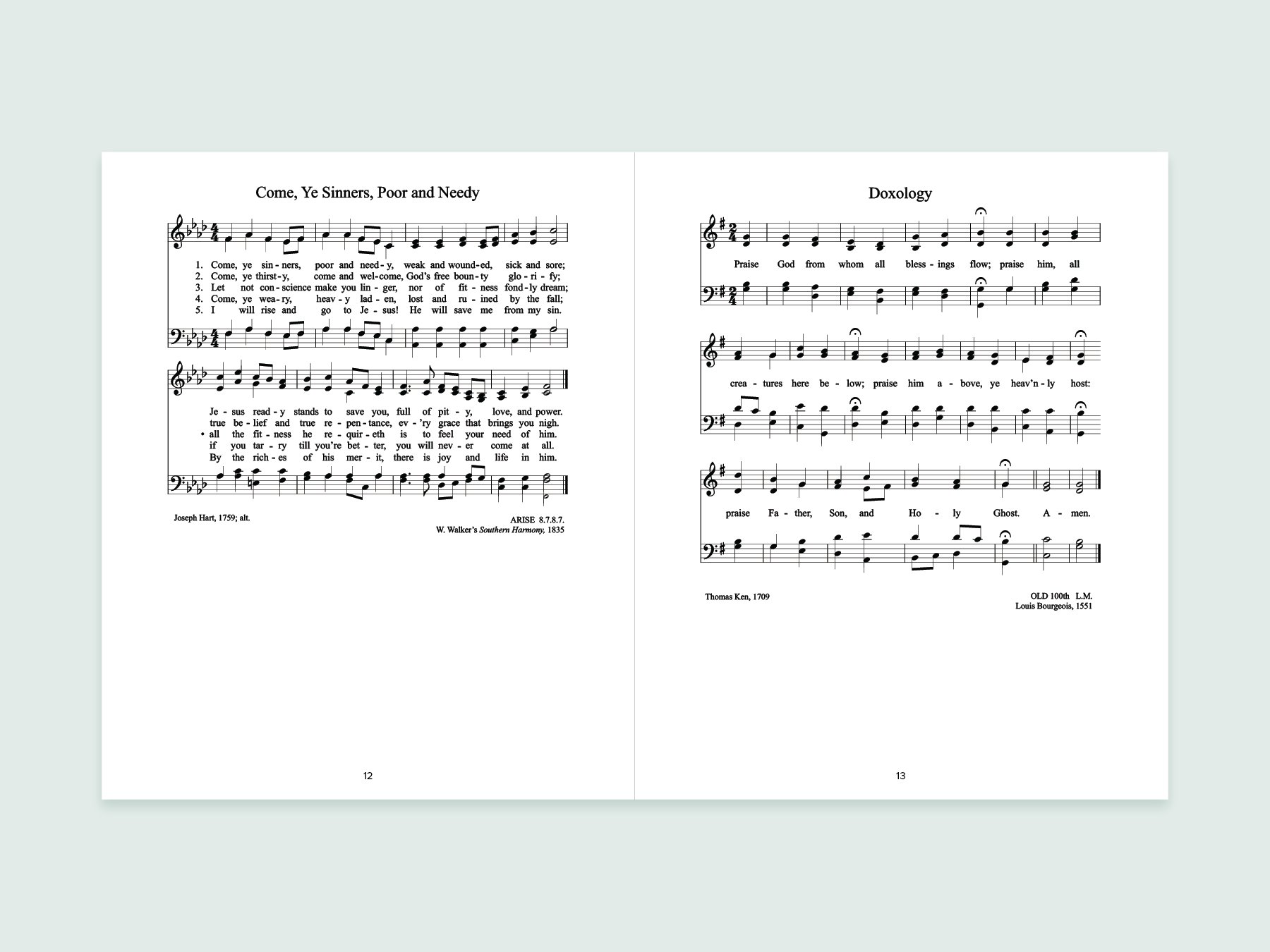

What makes Charlie Kirk’s assassination especially hard is that when I look at him I see someone in a similar stage of life as myself. He was young, he had young children, a life in motion, a purpose. Everything seemed to be going his way. He was heading to another event on a college campus—something he had done hundreds of times—and then, in the blink of an eye, his life was over.
It doesn’t matter how young, how healthy, how successful you are—you’re not promised tomorrow. Your breath is not guaranteed. Your heartbeat is not promised. Your next sunrise is uncertain. Life is brief. James describes it as a vapor—here for a moment, then gone (James 4:14). Psalm 39 says our days are “as handbreadths” and our years “vanity.” We know this, intellectually. But when death knocks so suddenly—so arbitrarily—it jolts us. It reminds us: our time here on earth is often shorter than we think it will be.
Which raises a question that we should all spend some time reflecting on: are you truly living? Are you making the most of the time you have here? Not simply existing, moving through routines, checking boxes—eating, sleeping, working, scrolling, watching, going—but are you truly living for Christ? Are the priorities of your heart aligned with what Scripture says is most important?
In moments like this, the mirror gets held up close. When life shows its frailty, when we see how quickly everything can change, we’re forced to ask: what do we count as gain? What holds weight in our estimation of a life well-lived? So many of the things we chase—comfort, influence, recognition—can vanish overnight. They can slip through our fingers like sand.
Which is why today’s famous passage from the Apostle Paul is so timely! “For to me to live is Christ, and to die is gain” (Philippians 1:21). These are radical words: in the face of real danger, real uncertainty, real mortality, Paul tells us what it means to truly live: to truly live is to live for Jesus Christ!
A life dedicated to Christ is always worth living and when you’re living for Christ, death is not loss but gain!
That’s what I want us to wrestle with this morning: are you truly living? It’s not a theological abstraction, but as a lens through which we see our lives. Are you willing to say to live is Christ? Can you honestly say, with Paul, that you truly believe death is gain?
Tragedy reminds us that life is fragile, but life in Christ is indestructible! Paul teaches us several things in this passage: first, he teaches us how to live in the midst of uncertainty (vv. 19-20), second, we learn how to live in the face death (vv. 21-23), and lastly, Paul teaches us how to live a life of joy (vv. 24-26).
Life in the midst of uncertainty (vv. 19-20)
We’ve all faced times of uncertainty—whether it’s financial uncertainty, or health uncertainty, or relational uncertainty. Maybe one month you weren’t sure how you were going to make ends meet, perhaps it was an unexpected phone call from the doctor’s office, or a major fight threatened to ruin a relationship that you value. Uncertainty has a way of creeping into every corner of life and rattling our sense of security.
No one likes living in uncertainty. We crave stability. We want to know what’s coming next, so we can plan and prepare for whatever it is. We want to feel as if we can control every aspect of our lives. But as we all know, that’s not the way life goes. More often than not, we’re left wondering what are we going to do next?
But it’s in the midst of uncertainty that Paul says that he will “rejoice,” which is an odd thing to say for a man chained to a Roman guard, completely uncertain of his future. Would he be released from prison unharmed? Would he be executed? No one knew. And so, you would expect words of sorrow, despair, or at least frustration from someone unjustly imprisoned. Yet Paul doesn’t wallow in self-pity. He doesn’t even simply endure his trial—he rejoices. And, of course, Paul explains why he will rejoice: because he knows that he will be delivered.
Now, when we hear the word “delivered,” our first thought is probably the same as Paul’s readers in Philippi. We assume he means physical deliverance—that he expected to be released from his imprisonment. After all, in verse 25, Paul goes so far as to say, “I know that I will remain and continue with you all, for your progress and joy in the faith.” He believed there was a strong likelihood that God would answer the Philippians’ prayers for his release.
But the word Paul uses for “deliverance” suggests something deeper than freedom from chains. Sinclair Ferguson points out that Paul is borrowing language straight from Job 13:16 in the Greek Old Testament: “This will be my salvation [or deliverance], that the godless shall not come before him.” Job longed for vindication before God, that his faith would be shown to be genuine even in the face of great suffering. Paul picks up that same thought here. For him, deliverance was not just about walking out of prison a free man; it was about standing in the courtroom of God vindicated in Christ.
But the reality is, when Paul says he’ll be delivered he’s speaking in a vague sort of way. Is Paul expecting to be freed from Roman custody, or is he talking about a final vindication before God – a spiritual deliverance? The best answer is both. He can rejoice because in Christ, either outcome—release or execution—means deliverance. If he is released, it will be because God sustained him through the prayers of the saints and the power of the Spirit. If he is executed, it will be because God has appointed that his race is finished and his entrance into glory is at hand. In either case, Paul is confident: he will be delivered.
Paul’s approach to both life and death shine through in our text! If he lives, he lives for Christ. Every breath, every moment of freedom, every opportunity will be spent on making Christ known, building up the churches, and encouraging believers to stand firm. If he dies, he dies in Christ. Death does not undo the work of Christ; it ushers Paul into the presence of the One he has served and loved. Either way, Christ is magnified. Either way, Paul is safe. Either way, the gospel wins.
That is why this passage hums with confidence rather than fear. Paul isn’t naïve about the realities of imprisonment, trial, or execution. His confidence in the promises of God were greater than his fear of what might happen.
This perspective is immensely practical for us. We may not be chained to a guard, but we face uncertainties—medical diagnoses, job insecurity, cultural hostility, or simply the everyday anxiety of “what if?” Paul’s words remind us that real security is not the absence of trouble but the presence of Christ. When you know that nothing can separate you from Him, you can face anything with confidence. Whether God grants you more years of fruitful service or calls you home, you can say with Paul: “I will be delivered.”
That’s why verse 20 is so crucial. Paul writes: “It is my eager expectation and hope that I will not be at all ashamed, but that with full courage now as always Christ will be honored in my body, whether by life or by death.” For Paul, deliverance is not defined by circumstances but by Christ being magnified in him. If he lives, it will be for fruitful labor in the gospel. If he dies, it will be entrance into the presence of Christ. Either way, Christ will be honored, and Paul will be delivered.
Now, pause and think about how radical that is. Most of us equate deliverance with escape: the sickness goes away, the job situation improves, the conflict gets resolved. And, of course, those are good things to pray for. But Paul broadens our perspective. Deliverance is not simply about getting out of hard circumstances—it’s about God holding tight to you to the very end. That means you can rejoice even before the outcome is clear, because you know Christ is at work.
Life in the face death (vv. 21-23)
Isn’t that such a glorious truth? No matter what you’re going through, no matter where you are in life, if you’re trusting in Jesus Christ, you will be delivered!
Which is, of course, why Paul makes one of the most famous comments in all of Scripture: “For to me to live is Christ, and to die is gain” (Phil. 1:21).
In just a few words, Paul cuts straight to the heart of the human condition. Because when you really consider what Paul is saying, you realize he’s simultaneously asking and answering two of the most important questions we could ever ask: What does it mean to live? And what does it mean to die?
Isn’t it striking that we go about our daily routines—eating breakfast, going to work, running errands, paying bills, meeting friends, spending time with family—yet rarely pause to ask whether we are truly living? We assume that because our hearts are beating and our lungs are filling with air, we must be alive. But Paul would challenge that: Are you simply existing or are you really living?
Because when Paul used the present active infinitive of the verb “to live,” he wasn’t saying, “the fact that I’m alive is Christ,” rather he was saying “my ongoing living, my continual life, all my day-to-day existence — is Christ.”
For Paul, living was never defined by money, career advancement, popularity, or even personal comfort. Those things may have their place, but they are not life itself. Life boiled down to one reality: Christ. And to live is Christ. For Paul, Jesus is not just an addition to his life, not a hobby he fits in when it’s convenient, not a religious identity tucked neatly alongside everything else. His Christian life, rooted in his faith in Jesus Christ defined who he was. Every breath, every decision, every goal is shaped by Him.
If Paul is right, then true living isn’t about success, or self-fulfillment. It is about Christ—knowing Him, loving Him, serving Him, and magnifying Him.
So Paul’s words force us to stop and evaluate: Is Christ at the center of my life, or do I just try to fit him into the margins? Are my Mondays, Tuesdays, Wednesdays, Thursdays, Fridays, and Saturdays, defined by who I am in Christ, or do I chase the things of this world six days and week and think about Jesus for an hour on Sunday? How you answer that makes all the difference.
Because if you can say with Paul, “to live is Christ,” then you can also say with confidence, “to die is gain.”
By the standards of our world death is never gain. Success is gain. A tight knit family is gain. Endless pleasure is gain. Total control over my life is gain. And so, if success is gain, then death is loss. If family is gain, then death is loss. If pleasure is gain, then death is loss. It’s only when you live for Christ, that death can be gain—because death ushers you into His presence.
For Paul, life is Christ, so death means more of Christ. Which is why he doesn’t see death as the end, but as the doorway into the fullness of what his heart longs for. As long as he is here on earth, he enjoys communion with Christ through the Spirit. But when death comes, that communion will be unhindered, face-to-face, without sin, sorrow, or separation.
Hopefully this explains Paul’s wrestling in verses 22-23. “If I am to live in the flesh, that means fruitful labor for me. Yet which I shall choose I cannot tell. 23 I am hard pressed between the two. My desire is to depart and be with Christ, for that is far better. 24 But to remain in the flesh is more necessary on your account.”
Living is pouring himself out for his Savior. Living is for Christ. But death means even more of Christ.
This perspective radically transforms how we face suffering and uncertainty. Paul is writing these words from prison, facing the real possibility of execution. And yet he isn’t panicked. He isn’t grasping for more time as if this world were all he had. He holds his life loosely because he knows that death, far from robbing him, will usher him into greater joy than he has ever known.
Think about how freeing this is. If death is gain, then we don’t have to live in fear of it. That doesn’t mean we become reckless or careless with your life. You should still buckle up your seat belt when you leave – Paul was a man who clearly valued life and ministry, but death was never going to have the final word over him. Christ did. And because Christ conquered death through His resurrection, we can face it with confidence.
This is why the Christian’s hope is so unique. For the world, death is the end of dreams, the closing of the book. For the Christian, death is simply the turning of a page—the beginning of a chapter that never ends. It is being ushered into the presence of Jesus, where every tear is wiped away, sin is gone, and every longing is fulfilled.
So when Paul says “to die is gain,” he isn’t being dramatic. He’s simply stating the truth: if Christ is life, then death is more Christ. And that is gain beyond measure.
There’s a clip flying around on the internet of Charlie Kirk being asked if he would want to tell people if he had been shot and only had 30 seconds to live. It’s a real clip, which is hard to believe. He said, “if you only have thirty seconds to live you’re about to meet eternal judgment, and there is only one way to get you bailed out of that. It’s not all the good things you did, or your moral scorecard, it’s whether or not you have Jesus Christ as your Lord and Savior.”
Charlie understood, like Paul, that Christ was his only hope for deliverance. We might be sad over the loss of life, but if that person, like Charlie, lived for Christ, I think it’s safe to say that they’re not sad. They’re experiencing firsthand exactly what Paul is talking about. To live is Christ and to die is gain!
A life of joy (vv. 24-26)
All of this explains Paul’s joyous outlook in spite of tremendous uncertainty.
Paul has just said that to “depart and be with Christ” is far better for him personally, but in verses 24–26 he reveals another dimension of his thinking: “But to remain in the flesh is more necessary on your account. Convinced of this, I know that I will remain and continue with you all, for your progress and joy in the faith, so that in me you may have ample cause to glory in Christ Jesus, because of my coming to you again.”
Paul viewed his life not as his own to keep or to lose, but as a stewardship from Christ. Although heaven is more desirable for him, he is willing—even eager—to stay if that means the Philippians will be strengthened. He’s thinking about others, even as his life hangs in the balance. He sees his ongoing presence as “more necessary” for them, not for himself. This is a striking picture of Christlike love: a willingness to postpone personal gain in order to seek the spiritual good of others.
And Paul has a very specific goal in mind: their “progress and joy in the faith.” Progress implies growth, maturity, and perseverance; joy implies a deepening delight in Christ regardless of circumstances. For Paul, these two go together. A church that is growing in faith will also grow in joy, because joy flows from a deeper grasp of Christ’s sufficiency. Paul does not imagine that his presence will simply make them happier; he expects it to drive them further into Christ so that their joy is rooted in Him, not in Paul.
After all, he wants his ministry to cause the Philippians to “glory in Christ Jesus.” His hope is not that they would glory in him, but that they would glory in Christ for the way Christ has used him. This is the heartbeat of true ministry: living so that others are led to praise the Savior.
These verses, then, not only explain Paul’s joy but also provide a model for us. Paul was constantly thinking about himself. He was constantly thinking about those around them. He was constantly thinking about how he could serve them and build them up in Christ.
Conclusion:
Paul’s testimony reminds us that nothing in life is certain, the only thing that is certain is Jesus Christ. When you read Philippians 1, you can almost feel the tension in the air: Paul doesn’t know whether he will be executed or released. He doesn’t know what the next week or month holds. Yet in the middle of that, he speaks with unshakable confidence. How? Because for Paul, Christ—not his circumstances—is the fixed point of his life. Everything else may shift, but Christ remains the same.
That reality gives believers a certainty in life’s unknowns. We can plan, we can pray, we can even prepare for suffering, but at the end of the day we don’t control tomorrow. What we do know is that the same Christ who held Paul in a Roman prison holds us in our uncertainty. He is our life; to live is Christ.
It also gives certainty in death. Paul can say “to die is gain” because he knows that death is not a loss of everything but the doorway to being with Christ. For the believer, death is not a black hole of uncertainty but a homecoming.
And because Christ is ultimate, believers can experience a joy that no circumstance can rob. Joy rooted in health, success, or relationships can be taken away in a moment. Joy rooted in Christ remains, because He remains. Paul’s joy flows from that well. So does ours. Whatever tomorrow brings—promotion or loss, freedom or hardship—can you say with Paul: to live is Christ, and to die is gain?
Amen. Let’s pray together.
